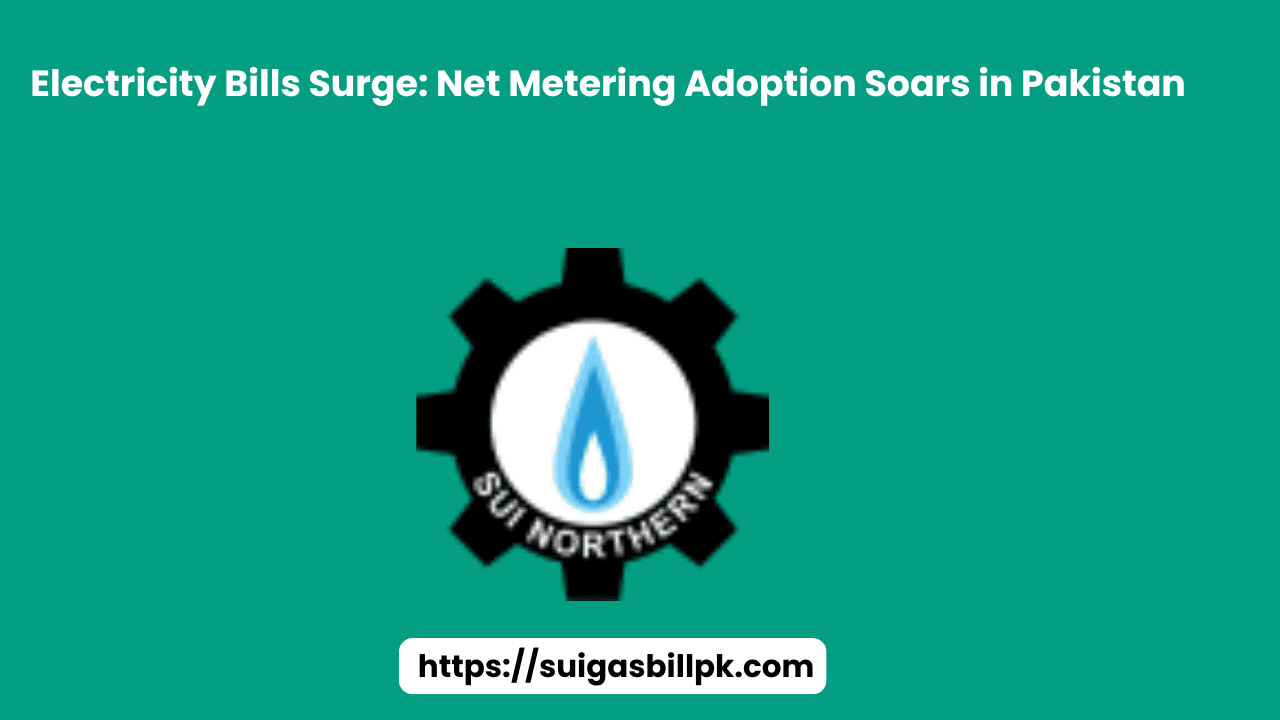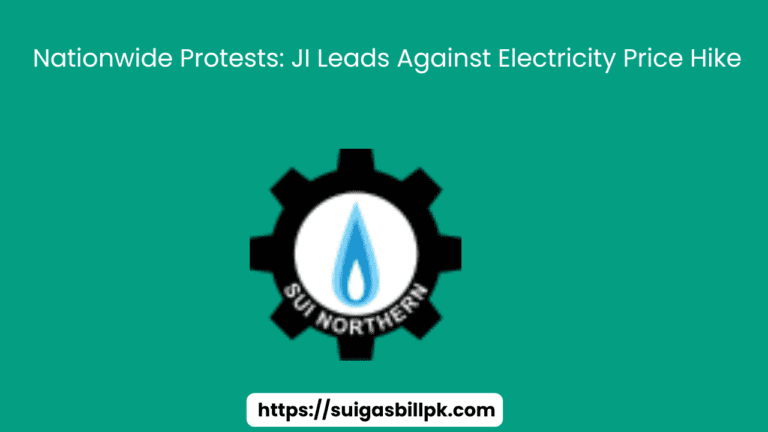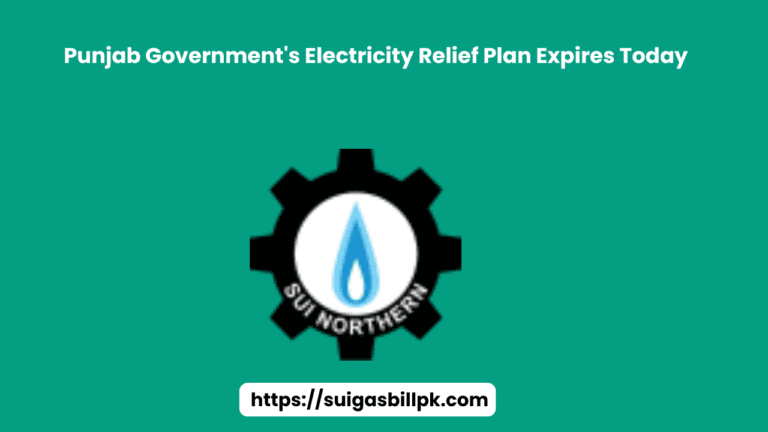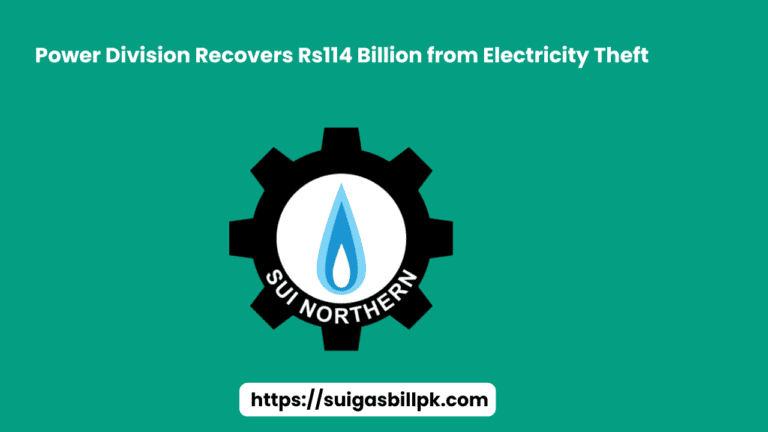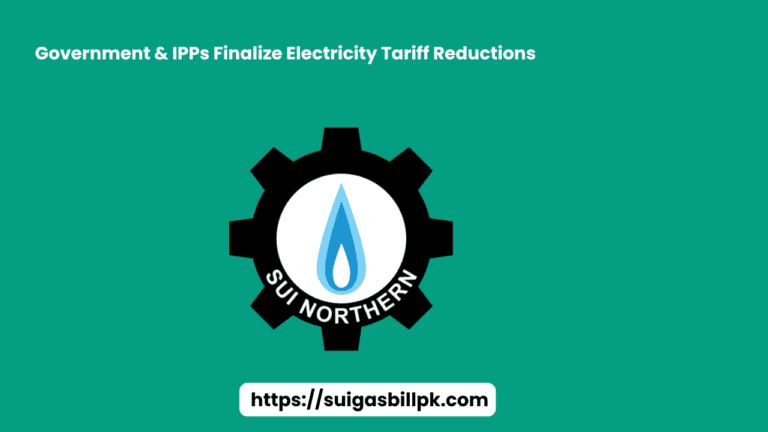Electricity Bills Soar: Net Metering Adoption Skyrockets Across Pakistan
In recent months, electricity bills in Pakistan have reached record highs, forcing households and businesses to explore new ways to manage energy expenses. One popular solution is net metering. This innovative system allows consumers to generate their own electricity, usually through solar panels, and send surplus energy back to the grid, reducing overall costs. As energy prices continue to climb, the number of net metering users is skyrocketing. This blog explores why net metering is gaining momentum, how it’s reshaping energy consumption in Pakistan, and what you should know if you’re considering adopting it.
The Rising Burden of Electricity Bills in Pakistan
Pakistan’s electricity prices have been steadily increasing due to several factors, such as:
- Limited energy supply versus growing demand
- Heavy capacity payments to independent power producers (IPPs)
- Inflation, leading to higher energy production costs
For many families, paying the monthly electricity bill has become a major source of anxiety. Escalating energy prices are impacting everyone, from households to small businesses, and even affecting large-scale industries. To tackle this burden, consumers are turning to net metering, which offers an opportunity for both financial relief and environmental sustainability.
What is Net Metering?
Net metering is a billing mechanism that enables consumers to generate electricity—typically using solar panels—and sell excess power back to the national grid. Here’s how it works:
- If you produce more energy than you use, the excess is fed into the power grid.
- Your electricity meter runs backward, giving you credits on your utility bill.
- Over time, these credits can reduce or eliminate your electricity expenses.
This system encourages individuals and businesses to generate renewable energy, helping them offset costs while promoting a greener environment.
How Net Metering Users Are Changing the Game
As the cost of energy in Pakistan rises, stories from net metering users reveal how this system is making a real difference:
- Fatima’s Household: Fatima, a resident of Lahore, installed solar panels last year. “Our electricity bills were unbearable before. Now, we generate our own power and get credits for sending extra energy back to the grid. It feels empowering to control our expenses,” she shares.
- Ahmed’s Bakery: Ahmed, a bakery owner in Karachi, struggled with high electricity bills. “Switching to net metering has helped me save money. I’m now reinvesting the savings into my business and hiring more staff,” he says.
Key Benefits of Net Metering in Pakistan
- Cost Savings:
Users can drastically reduce their monthly electricity expenses by producing their own energy. - Environmental Impact:
By promoting renewable energy, net metering reduces carbon emissions and helps protect the environment. - Energy Independence:
Consumers become less dependent on fluctuating energy prices, gaining financial stability. - Job Creation:
The growing demand for solar installations generates new job opportunities, boosting the renewable energy sector.
Challenges of Net Metering Adoption
While net metering offers multiple benefits, some challenges need to be addressed:
- High Initial Costs:
Installing solar panels can be expensive, but government incentives and financing options are now available to ease the burden. - Regulatory Issues:
A supportive regulatory framework is essential for sustained growth. The government must ensure favorable policies for net metering users.
FAQs
1. How can I apply for net metering in Pakistan?
To apply for net metering, you need to install solar panels through a certified installer and submit an application to your local electric company, such as LESCO or IESCO.
2. How much money can I save with net metering?
Savings depend on the size of your solar system and your monthly electricity usage. Many users report cutting their bills by 50% or more.
3. Are there any government incentives for net metering?
Yes, the Pakistan government offers various incentives and tax exemptions for renewable energy projects, including net metering installations.
4. Do net metering users face any limitations?
Yes, some utility companies have caps on the amount of energy you can export to the grid. It’s essential to check with your service provider.
How to Get Started with Net Metering
If you are tired of rising electricity bills, now is the perfect time to explore net metering. Solar installation companies in Pakistan are offering easy financing and government-backed incentives to encourage consumers. Additionally, you can find more information about your electricity bills and apply for connections through platforms like:
These platforms provide simple tools to check and manage your energy consumption.
Conclusion:
As electricity bills rise, net metering provides a promising solution for Pakistani households and businesses. With the potential for huge savings, energy independence, and environmental benefits, more people are turning toward this sustainable alternative.
If you want to control your energy costs and contribute to a greener planet, net metering could be the perfect choice for you. Whether you’re a homeowner or a business owner, installing solar panels now can make a difference in your future bills and the environment.
Explore your energy-saving options today by visiting Sui Gas Bill Pakistan and discover other resources to help you manage your utility costs.

